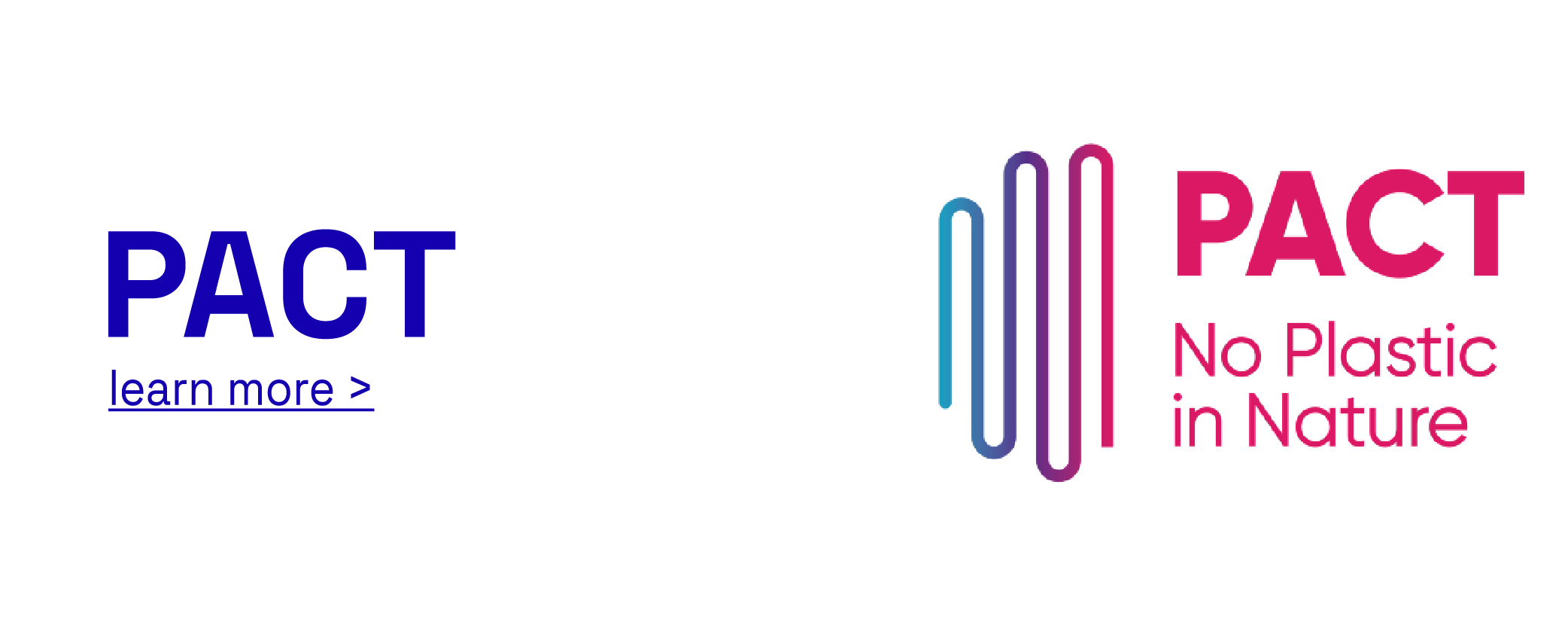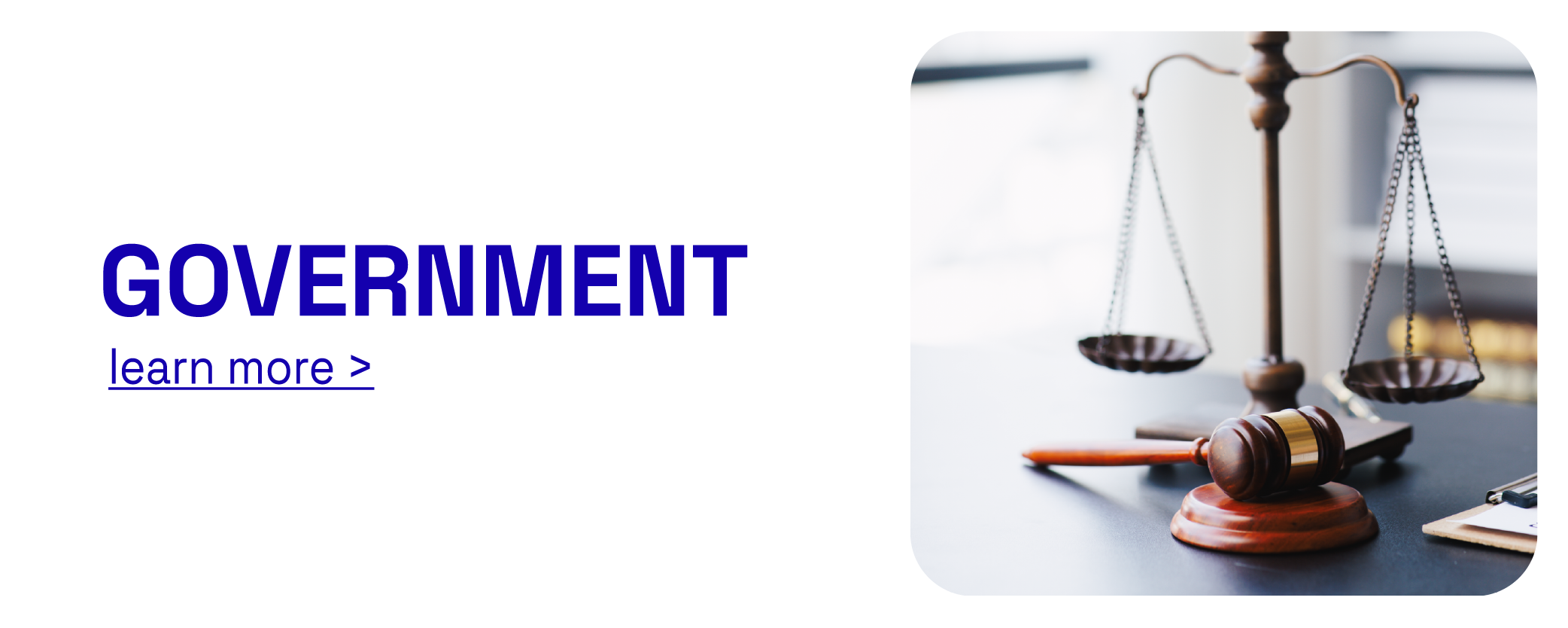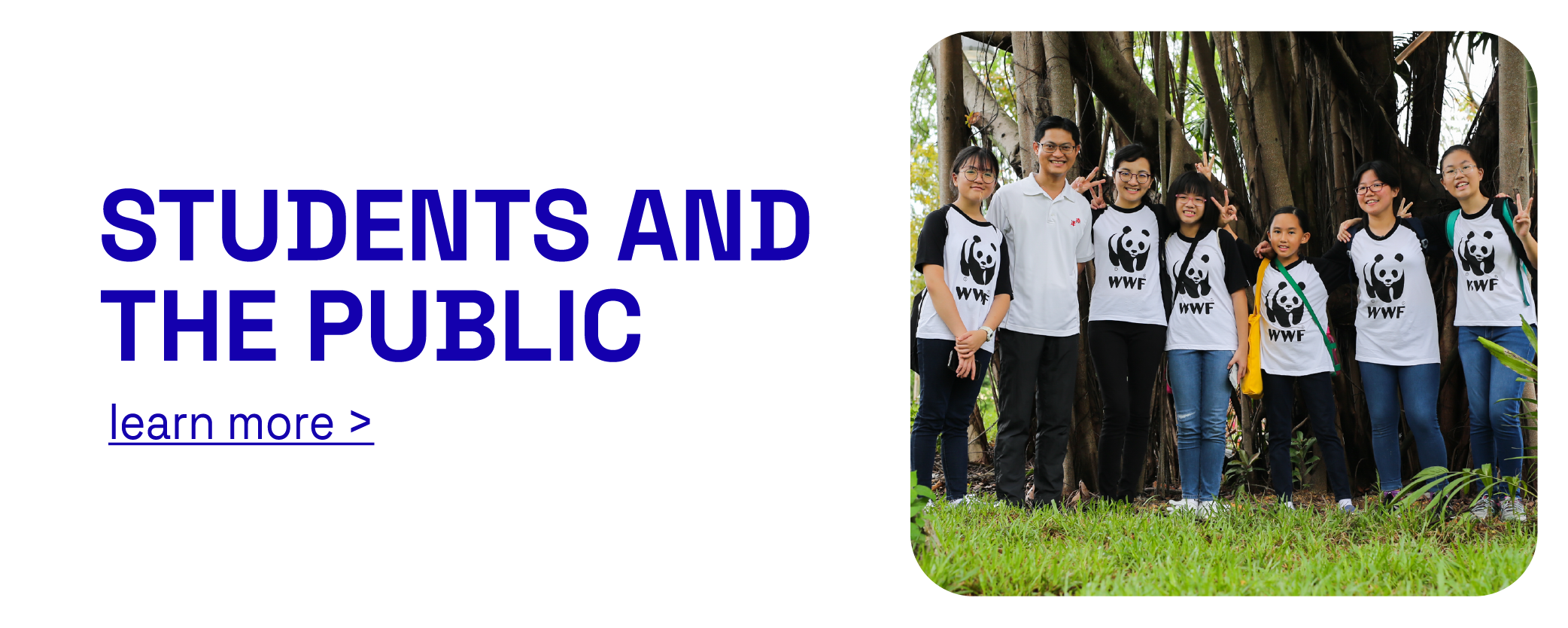Reduce Single-Use Plastics
Avoid or minimise the use of single-use plastic items such as plastic bags, straws, cutlery, and bottles. Opt for reusable alternatives like reusable bags, stainless steel straws, and refillable water bottles.
Active Recycling
Follow the recycling guidelines provided by the National Environment Agency (NEA) in Singapore and sort recyclable items correctly. Contamination often hinders the recycling process. Hence, always ensure that the items are clean and dry before placing them in designated recycling bins.
Participate in Volunteer Programmes
There are many local volunteer and community-led initiatives to clean up beaches and coastal areas in Singapore, including member-exclusive programs offered within WWF-Singapore when you make a donation. These programs help to raise awareness about the issue and prevent plastic waste from entering the ocean.
You can also make a donation to WWF Singapore to aid us in continuing our efforts towards combating plastic pollution in Singapore here!













